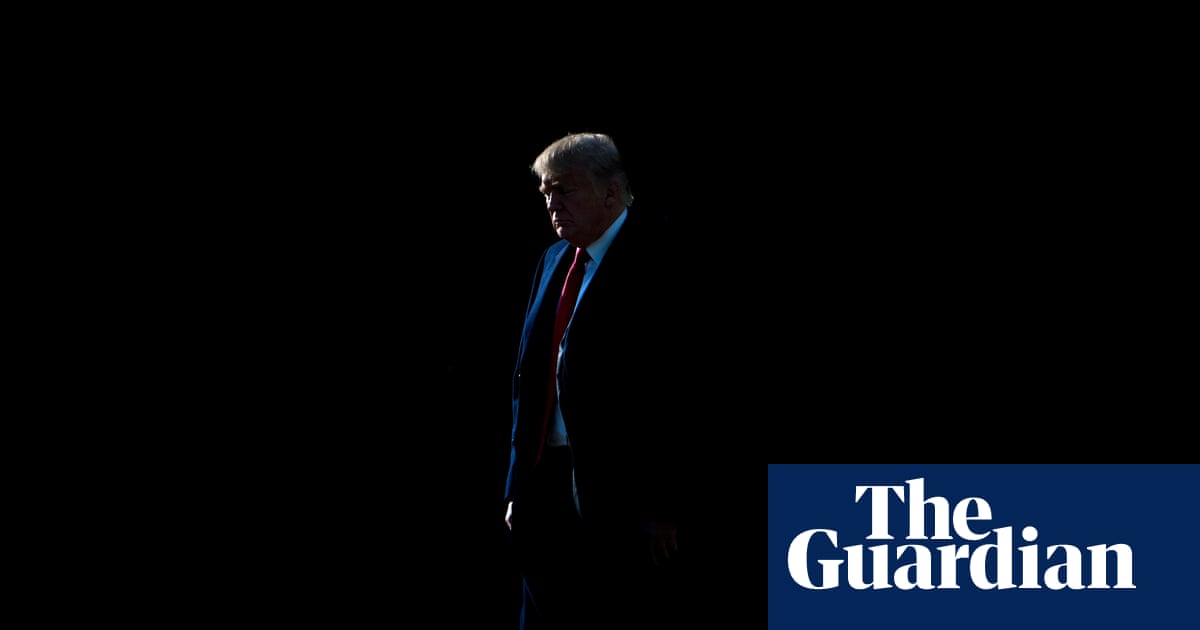But they would actually have to show what it is that you have written, right?
Sounds like evidence to me.
That’s because you are not found guilty of anything.
Apparently jobs that require a pretty high level security clearance. The kind of jobs where they will also interview your family, friends, co-workers, acquaintances, and anyone else that you have come into contact with in the last decade or so.
In those cases, are you also upset that one of your contacts may say something negative about you, and you would have no trial to decide if you are guilty of anything?
The objective standard would be implemented at the time when application for such a clearance is reviewed. If they see that someone complained about something that you said on social media, then they will take that into consideration, along with all of the other information that they acquire about your behavior. If it is a frivolous complaint, then it will be ignored. If there is legitimacy to the complaint, then that is a fair consequence for your actions.
At that level scrutiny, they will also pick up on any complaint your neighbors may have had about you not mowing your lawn, playing your music too loudly, or letting your dogs bark.
Your worry is about such an edge case, one of which your concern would be such a small part of the decision, that it’s pretty absurd to even advance it.
It also has nothing to do with social media TOS and their implementation thereof, and is entirely to do with a desire to never see any consequence for the actions that you take.
It was the cause. Why else do you think that they banned him?
He was given more leeway than a regular joe twitterer, but they specifically explained that because he was an important public figure. You did notice that he was the president of the United States, right?
No, it’s not anything like that. That’s a horrible analogy, that doesn’t work on any level, for any reason, whatsoever.
I think that twitter was very clear on why they gave the president of The United States more leeway than they would a regular twitter user. It was not because he fell out of favor that they finally pulled the plug, it’s that he used up that leeway and went too far.
That only because you said that there was no difference.
Yes.
By a private company that has no obligation to give you a platform?
Either.
Not really. There were quite a number of loaded questions with some pretty inane assumptions built in that I don’t know how to best unpack.
Let me ask you, if someone sends me a chain letter, and I don’t pass it on to 6 of my friends, am I deplatforming them? If you answer that, then I’ll have a better idea as to where you are coming from.
Because the consequences are not the same. The government can (without projections given by 1A or similar free speech stipulations of other countries) prevent you from speaking. They can tell you not to say certain things, and they can levy punishment on you for doing so. They can take proactive measures to stop you from speaking in the first place.
All twitter can do is tell you that you can no longer use their service. You can use another service that has a TOS that you find more amenable, or you can make your own service that has whatever TOS you want.
No, that is still the case today. Twitter can’t put you in jail for speaking out against the government, the government, absent free speech protections, can.
